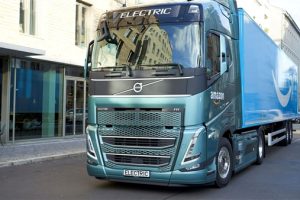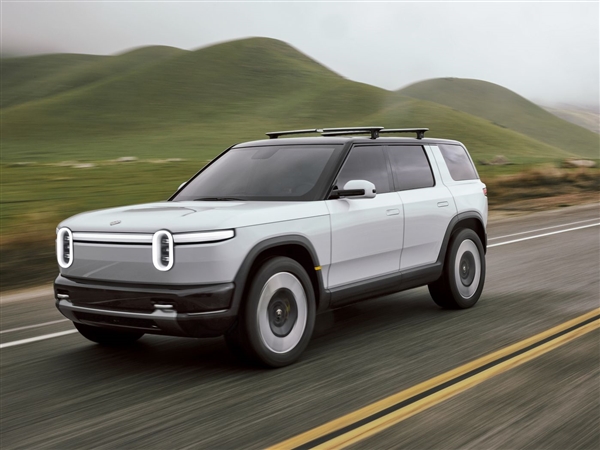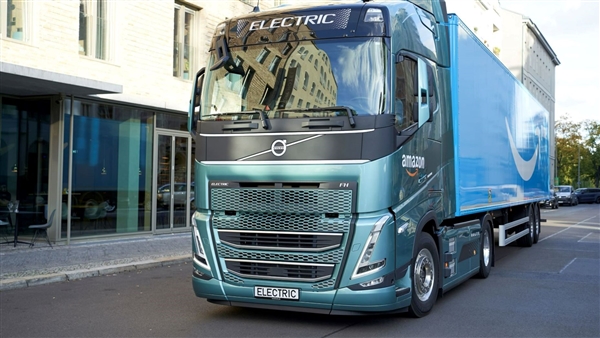**September 11, 2023 -** LG New Energy’s Chief Technology Officer, Sun Young-Ho, made an exciting announcement during the “Korean Investment Week” conference held in Seoul. He revealed that the company is currently in the process of developing lithium-sulfur batteries for urban air mobility (UAM) and high-altitude “pseudo-satellites.” These batteries are garnering attention for their impressive energy density and competitive pricing.
At present, South Korea’s three major battery manufacturers have fallen behind their Chinese counterparts in the lithium iron phosphate battery sector. As a result, all three companies are striving to gain market share by focusing on the development of “low-end, low-cost products.”
LG New Energy, in particular, has set its sights on lithium-sulfur batteries, with plans to commercialize them as early as 2027. The aviation industry is expected to be one of the initial beneficiaries of this cutting-edge technology.

In essence, lithium-sulfur batteries are being hailed as the successors to traditional lithium-ion batteries, offering nearly double the energy density per unit weight. This means that the same-sized battery could power an electric vehicle for over 700 kilometers, compared to the 400-kilometer range of current models.
Another significant advantage of lithium-sulfur batteries is their ability to perform well in cold environments, a challenge that still plagues widely-used ternary lithium and iron lithium batteries. Unlike ternary batteries that employ nickel, cobalt, manganese, or aluminum, lithium-sulfur batteries use sulfur-carbon composites as their cathode material. In these batteries, sulfur gradually shuttles ions from the anode to the cathode during discharge, while during charging, it’s converted back to lithium sulfide.
Of course, these batteries are not without their challenges. One prominent issue is their reduced lifespan over repeated charge and discharge cycles, primarily due to sulfur’s low conductivity and the need for increased electrolyte volume.
An industry insider remarked, “Solid-state batteries still face numerous challenges, including cost issues. Therefore, next-generation products like lithium-sulfur batteries have a distinct advantage in terms of commercialization.”












